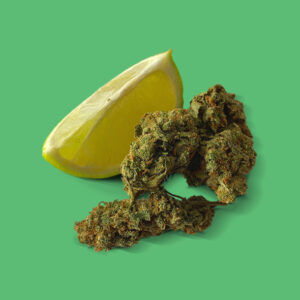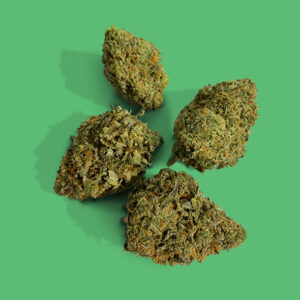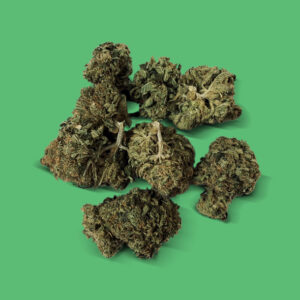When consuming marijuana, the effect can last for several hours, depending on the strain of cannabis and several other factors. But even after you stop feeling any effects, cannabis residue will still be found in the body. In this regard, the question arises, how long does weed stay in your system, and what affects this duration? Experts will help you figure this out and also tell you which methods are the most effective for eliminating weed residue from the body.
Key factors affecting the duration of weed in the body
Some factors affect how long does weed stay in your system for. In particular, the following can affect the results of medical tests:
- Frequency of consumption – if a person smokes weed rarely and not regularly, then the psychoactive substance contained in it will be excreted much faster.
- Weight and fat percentage, since THC accumulates more actively in fatty tissue.
- Metabolic characteristics – the faster the metabolism, the faster the weed will be excreted.
- Method of consumption – as a rule, cannabis is detected in the body for a longer period if it was consumed in the form of food, such as edibles weed.
There are also factors such as the individual perception of the body’s components of cannabis, genetic characteristics, the age of the consumer and overall health. This also affects how long does weed stay in system after its consumption is completed.
Detection windows by test type
Various medical tests can determine how long does weed stay in the system. They also have different detection intervals, which is worth keeping in mind. Let’s take a closer look at how cannabis residues can be detected using different types of testing.
Urine testing
With this testing method, THC residues that are in the body can be detected for several days. In some cases, depending on the frequency of marijuana use by the user, they can be detected for up to a month or more.
Blood testing
If a blood test is used as a medical test, then marijuana residues can be detected in a shorter period. As a rule, the substance can be traced in the blood from several hours to several days. The specific period also depends on a number of individual factors, which can vary significantly among users.
Saliva testing
Another common method for detecting THC in the body is saliva testing. This testing method determines the content of the substance for several hours or several days. In most cases, the duration of detection with this method is similar to that characterised for a blood test.
Hair testing
Hair follicle tests can also be performed for this purpose. This method of medical testing allows THC to be detected over the longest period. Depending on the frequency of marijuana use and some other factors, this method can detect residues of the substance for several months or even years. But this method of research is still not as widespread as those described above.
Occasional use: What if you smoked just once?
If you think that smoking marijuana once or twice is not scary, then in most cases it is true. But, as with multiple use, everything will depend on a number of factors. Most likely, THC residues will be observed for several days. You can find out how long does weed stay in system after one night in the following ways:
- Urine tests can detect it for up to three days.
- Blood and saliva tests – from several hours to a couple of days.
- Hair tests – up to 90 days, but with a single use, the probability of this is much lower.
Thus, a single use of cannabis contributes to a faster elimination of its residues from the body.
Long-term abstinence: what to do if you haven’t smoked for a year?
Some users have a question about how long does weed stay in your system if you haven’t smoked in a year. Everything is simple here. If you quit smoking weed a year ago, then most likely the THC has already been eliminated from the body. Of course, this is possible if you have not returned to smoking or other methods of consumption. If you use it infrequently, you will not leave traces in your body for months to come. The psychoactive substance accumulates if you add new doses again and again. But, as always, a lot also depends on the characteristics of your body.
How long does marijuana stay in the body after you stop using it regularly?
Consumers are interested in how long does weed stay in system after quitting. It is not so clear-cut here. The time it takes to eliminate the substance will depend on how often and for how long you have been using it. This will determine the specific time it will take to completely cleanse the body.
Tips for quickly cleansing the body of weed
In general, it is impossible to give a clear answer to the question of how long does it take for weed to be cleared from the body. While it may take a couple of weeks for someone, it may take up to several months for someone else.
To speed up this process, use the following recommendations from experts:
- Drink as much water as possible to speed up your metabolism and speed up the elimination of the substance a little.
- Take a hot bath – this is both a great way to get rid of excess weight and an additional method of relaxation.
- Significantly reduce or eliminate caffeine.
- Pay attention to proper nutrition.
- It is best not to guess on your own, but to consult a doctor.
But let’s be honest right away: there is no magic method that will guarantee you a result. It is important to remember that everyone’s body works differently, and a strictly individual approach is needed here.





